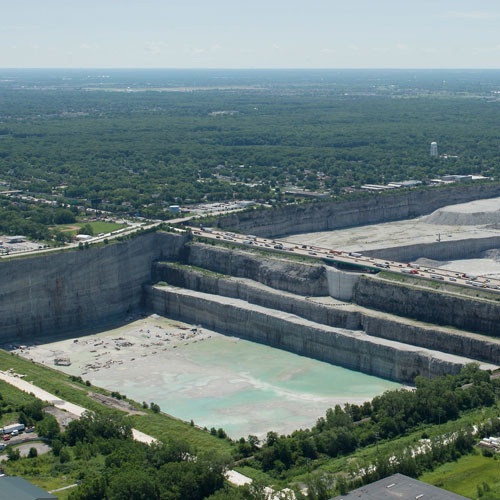The 9-to-5 job is on the way out and the increasingly mobile, “anytime, anywhere” workforce demands an office that fits their modern work habits and lifestyle.
That means a short commute, access to high-end amenities and, above all, a space flexible enough to handle a meeting in the morning and a fundraiser in the evening that caters to freelancers and corporations alike. Enter Regus’s high-end co-working brand, SPACES, which reflects the needs of the modern business.

“We offer the perfect environment for team breakouts, temporary quarters or to provide a permanent work area for freelancers or start-ups hiring their first few employees,” says Michael Berretta, who is vice president of network development for Regus North America. The open offices foster collaboration and provide amenities such as espresso machines, meeting rooms, and snack bars.
When identifying new markets for the SPACES brand, Berretta looked in areas that had a high amount of foot traffic and good public transportation with a dense population of creative professionals.
“We looked for high growth and high vibrancy,” Berretta says. “People don’t want to sit in traffic or commute to the traditional center to get work done.”
As such, SPACES locations are positioned in the residential hubs of major creative centers. The most recent co-working offices have opened in Long Island City in Queens, New York, and Menlo Park, California, in the San Francisco Bay area.
“We’re basically providing a new office environment in our workspace umbrella to serve the particular niche in our customer base that needs more flexible work options,” Berretta says. That includes corporate customers who are looking for temporary space to test out a new market or projects, or an office that can house emerging companies through the start-up phase.
Regus caters to creative teams by offering spaces designed for collaboration. Berretta explains that co-working is the trend of the future.

“Millennials like to work among other groups,” he says. “They’re not looking for privacy and identity as much. They want to share ideas and be creative.”
The new workspaces are designed for communication thanks to a larger amount of open space and collaborative work areas where different companies and individuals can interact across projects. Spaces are designed to break the mold of the typical, beige-toned office-cube farm.
“We created a more aesthetically pleasing environment with a larger level of amenities,” Berretta says, and adds that offices are open beyond traditional work hours, so a creative freelancer or team can use the space when it fits their personal work schedule. “People spend more and more time in their offices and need the space to feel more comfortable with the amenities of home, but without the distractions.”
Regus also overhauled the traditional office design with a focus on flex spaces. Instead of the conventional office areas—for example, boardroom, desks, and reception area—the areas blend.
“The reception area can also double as a business lounge,” Berretta says. “The coffee/recharge bar can offer drinks and snacks for an evening event or training sessions. Conference rooms are convertible to handle large or small groups.”
Regus offers a spectrum of rental agreements so clients can use the space by the hour, day, month, or year. Once again, the emphasis is on convenience and flexibility.

“We can provide a space for a 10-person training over a weekend, a meeting space for an hour, or a long-term membership for a creative professional,” Berretta says, unlike the typical monthly leases for “hard-walled” offices.
The company also is appealing to business travelers with the launch of the Regus Express brand in North America. Business travelers who need a place to be productive during travel and might have to schedule a meeting or call often find it difficult to do so in the chaos of an airport, so Regus created spaces designed specifically for the frequent traveler. Both individual and corporate agreements are available for allowing employees to effectively use days that were previously lost to traveling. Berretta says the first meeting and work area recently opened at Love Field in Dallas, and Regus plans to add more airport business lounges in 2016 to meet client demand.
Berretta sees future office workspaces eventually becoming a blend of traditional office spaces and co-working, mobile offices.
“The trend right now is a conversion of hard-walled offices to interactive, dynamic and flexible environments,” he says, and adds that Regus plans to stay on-trend, and will continue to experiment with new concepts according to client demands. “It will just continue to evolve as we go along.”


